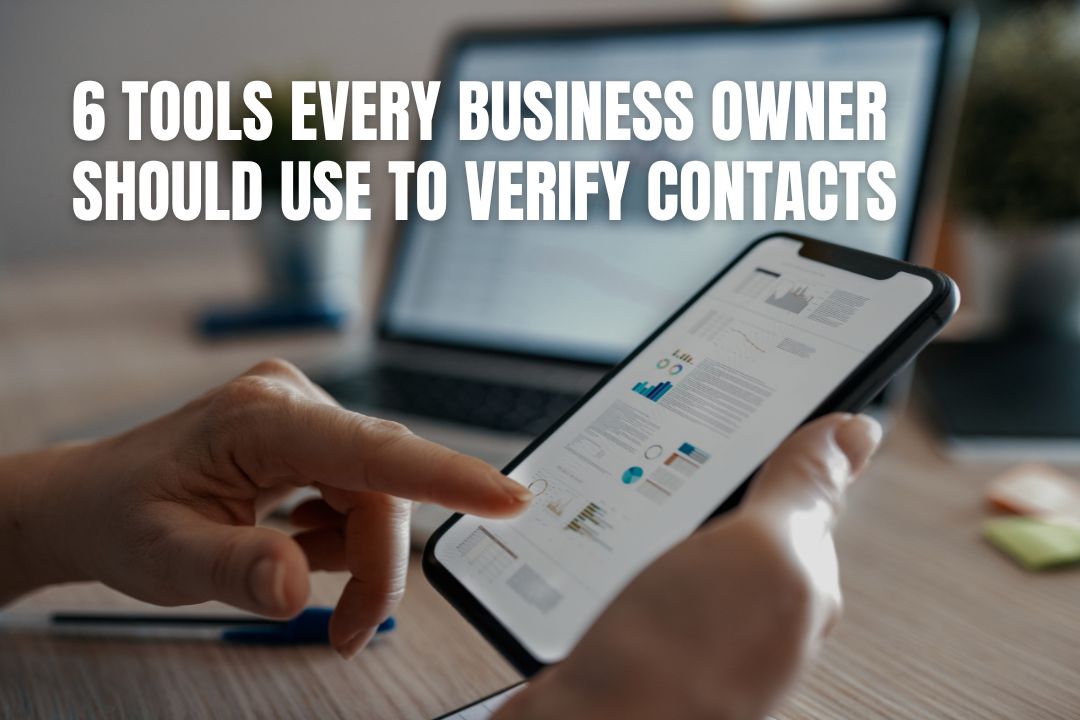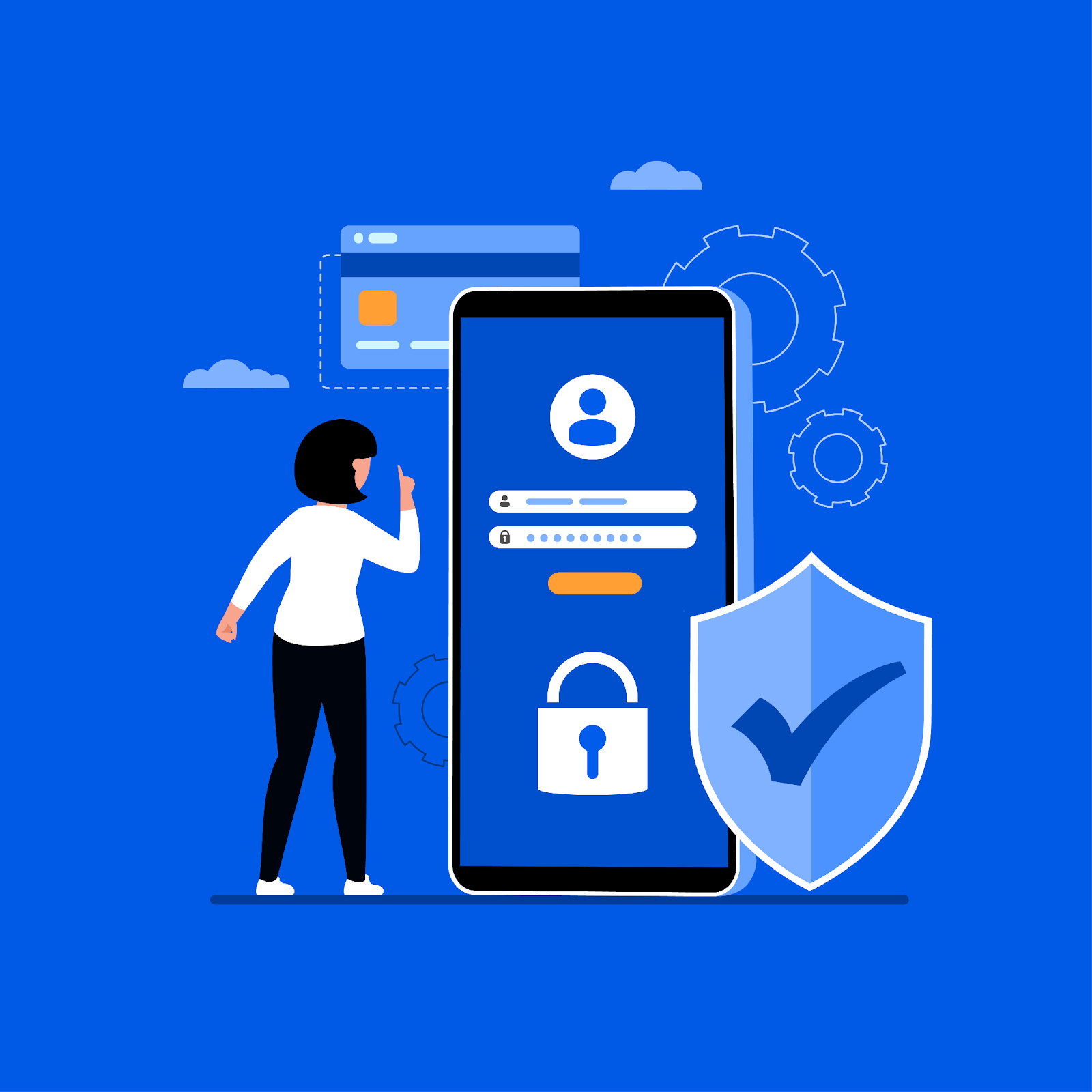
Editorial Disclaimer
This content is published for general information and editorial purposes only. It does not constitute financial, investment, or legal advice, nor should it be relied upon as such. Any mention of companies, platforms, or services does not imply endorsement or recommendation. We are not affiliated with, nor do we accept responsibility for, any third-party entities referenced. Financial markets and company circumstances can change rapidly. Readers should perform their own independent research and seek professional advice before making any financial or investment decisions.
Trusting the wrong person often costs a business time and money. Fraudulent leads, fictitious identities, and scam messages are common today. Fortunately, some powerful digital tools that help avoid and block these scammers.
Using them helps you verify who you are interacting with. You can refrain from revealing your identity or sharing any information. Here are the top 6 contact verification tools you can use.

This tool identifies an unknown caller in nanoseconds. When you get a call from an unknown number, this tool shows who owns it. It also displays if other users have reported this contact as a fraud or spam caller.
Small business owners get frequent calls regarding queries, delivery and service requests. They find this tool useful. It prevents them from sharing sensitive information with the wrong person. Users can decide whether to answer the call or block the caller.
You can use these platforms to check new clients, potential business partners or freelancers. Online people search platforms collect public information from various sources. It includes:
You can be sure of the person’s identity before you approach or answer their request.
These platforms are easy to use. You can search people for free just by entering a name, phone number or email address. These tools give you the person’s other publicly disclosed details.
The easiest way businesses get scammed is through emails. Scam emails have a convincing tone with one or two clickable links. Clicking one link is enough to risk your data and money. Email verification tools alert you about an invalid, inactive or unreliable email. Using them before sending bulk messages guarantees that your message lands in the right inboxes.
These tools support both security and marketing efforts. For businesses that rely heavily on email communication, verification tools help maintain a clean and reliable contact list.
Social media is one of the most effective ways to connect with customers, clients, and partners. But it has many fake profiles. Social media profile checkers act like scanners. They check and inform you if a profile is real before you engage with the individual or share details about your company. appleworld. today
Avoid interacting with a suspicious-looking social profile. You may even block them.
An in-built verification feature is often present in a Customer Relationship Management (CRM) system. It protects your contact database. The moment you save a contact, it checks if the phone number, email ID or other details are genuine.
If you are handling many leads every day, using CRM verification tools increases your efficiency and safety.
Any business wants to verify the legitimacy of its potential partners or clients before working with them. This tool helps to achieve this aim without spending long man-hours. You can check its registration, ownership history, financial strength and customers’ reviews in a few seconds.
Make sure to use business information lookup tools before you connect with new suppliers, vendors, or service providers.
In the world of digitalisation, fraudsters are developing different ways to scam businesses. You must be careful and check contacts before connecting with them. Contact verification tools save you from unreliable contacts and make safer decisions.
Verifying contacts is crucial to protect your business from financial loss and reputational damage caused by fraud, scams, and fake leads. It ensures you invest your time and resources in genuine customers and partners, which is a core principle of secure business growth that we at Robin Waite Limited always recommend.
Yes, absolutely. The tools cover both. Online people search platforms and reverse phone lookup tools are excellent for verifying individuals, while business information lookup tools are specifically designed to check the legitimacy of other companies before you partner with them.
They significantly improve your email marketing by ensuring your contact list is clean and valid. This reduces your email bounce rate, improves deliverability, and makes sure your campaigns reach real, active inboxes, leading to better engagement and a higher return on investment.
Not at all. Many of these tools are designed to be user-friendly and affordable. Some platforms even offer free basic searches, making it easy for any business owner to perform quick background checks without needing a large budget or technical expertise.
A great first step is to integrate an email verification tool into your workflow, especially when collecting new leads from your website. This is often the most common entry point for scams. From there, you can adopt other tools based on your specific needs, like using a reverse phone lookup for unknown calls.